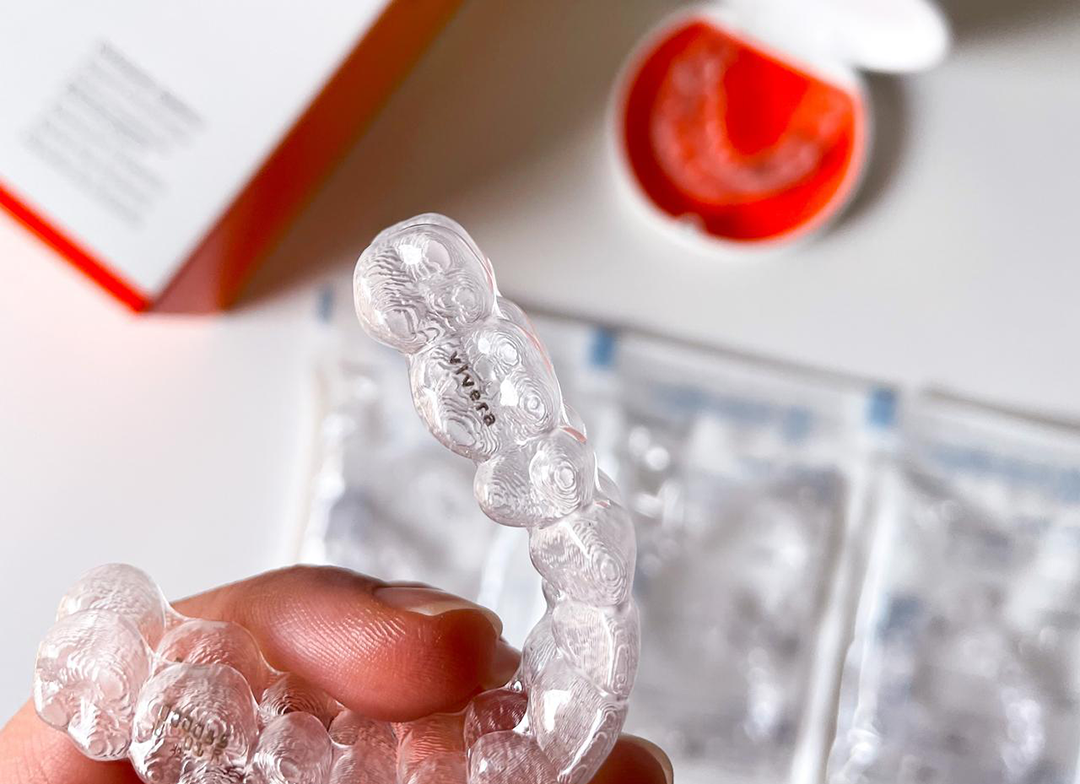Retainers are often overlooked but are critical to keeping your teeth in place after teeth straightening treatment such as Invisalign® clear aligners and traditional braces.
The cost for retainers varies. How much you’ll pay will depend on several factors such as your insurance coverage, provider, and the type of retainer your provider recommends.1 If you’re concerned about extra fees after paying for your aligners or braces, find out from your provider if the cost is included in the overall fee quoted for aligning your teeth. If not, then ask if your insurance plan covers them.
Retainers 101
You typically wear retainers following orthodontic treatment, such as braces or Invisalign aligners.2 They are usually made from plastic and/or wires, helping to keep your teeth from shifting back over time.
Will I need to wear a retainer?
Only your practitioner can tell you for sure, but if you're currently wearing (or expecting to wear) braces or clear aligners, you should expect to wear a retainer after your treatment. Your teeth need help to keep them from shifting back to their old position once your treatment is over. Retainers give your teeth that help, giving the bones and other parts of your mouth time to rebuild after straightening.3
What are the different types of retainers?
There are two basic types of retainers, fixed and removable. Fixed retainers are slender wires that are cemented to your teeth. Doctors recommend fixed retainers for situations where it’s important for you to always wear your retainer.4 Fixed retainers are attached to the back of your teeth, making them almost impossible for other people to see.
Removable retainers are not bonded to your mouth, allowing you to easily put them in and take them out. Many removable retainers are made from either a combination of plastic and wire, such as Hawley retainers, or from clear plastic, like Essix and Vivera™ retainers.
How much do retainers cost?
Retainers cost varies significantly. The exact amount depends on factors such as your specific needs, your doctor, your insurance coverage, and the type of retainer recommended by your provider.5 Some providers may also offer protection plans that can affect how much you pay. Pricing can vary based on individual needs. Contact your doctor to learn more.
Will I have to pay for retainers on top of my alignment treatment fee?
Talk to your orthodontist to confirm.
Will my insurance help pay for my retainers?
Many dental plans cover at least one set of post-treatment retainers.6 Some dental plans may even cover retainers after both phases of a two-phase orthodontic treatment plan.7 To be sure, it’s best to speak directly with your insurance provider. Your orthodontist can also work with your insurance provider to determine exactly what’s covered.





